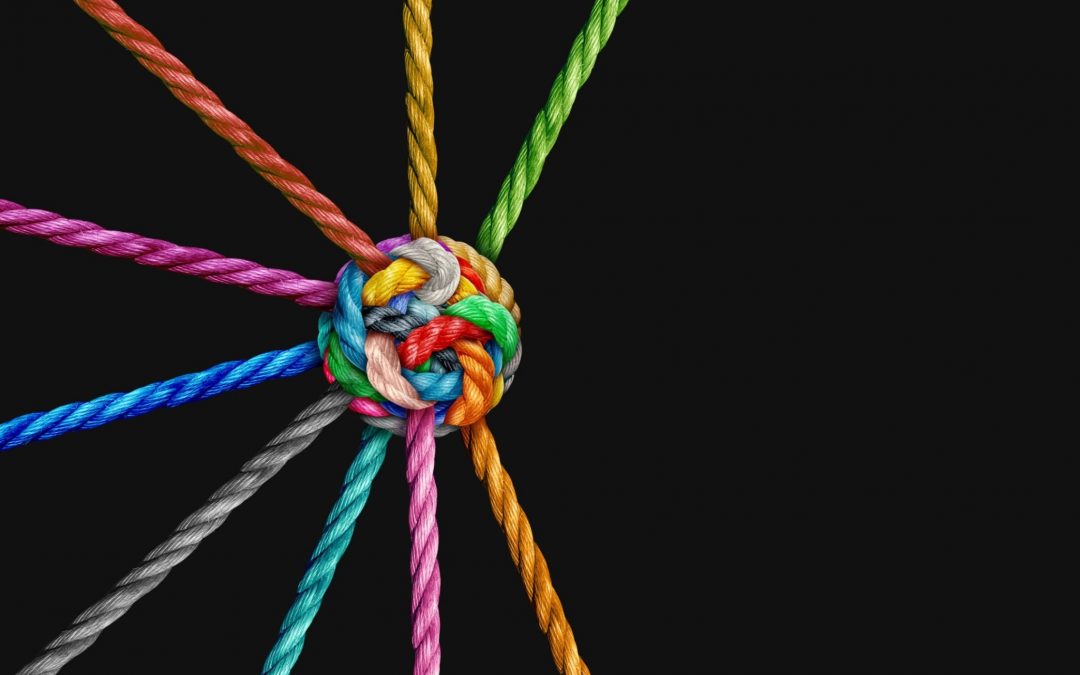In our fast-paced world, citizen science has emerged as a transformative force, democratizing scientific exploration and embracing diverse perspectives. However, it has become increasingly apparent that there is a critical need to ensure these projects are truly inclusive and equitable, welcoming individuals from all backgrounds and genders. In the framework of SOCIO-BEE project, a trailblazing initiative dedicated to championing inclusion and gender equality in citizen science through an innovative tool that provides a useful platform to assess social inclusion and gender equality in Citizen science
The Crucial Role of inclusion and gender equality
At its core, the SOCIO-BEE project recognizes that inclusion and gender equality aren’t mere catchphrases; they are foundational principles that should underpin all citizen science endeavours. Incorporating an inclusive and gender perspective into the SOCIO-BEE project is far from optional; it’s a dedication to social justice and the democratization of science itself. The core belief is that scientific inquiries and their findings should benefit everyone, particularly those in vulnerable positions. This perspective is especially critical in environmental projects, where an equitable distribution of environmental benefits is central to sustainability.
The SOCIO-BEE Approach to inclusion
The SOCIO-BEE project doesn’t just talk about inclusion; it has an integrated strategy to infuse these values into every aspect of its work. An essential strength of this initiative is its scalability, offering multiple entry points and engagement levels.
While the ideal scenario is maximum participation, the project recognizes that different citizen scientists may assume different roles within the research process. What’s crucial is avoiding relegating vulnerable individuals to subordinate roles, preserving their dignity and contributions.
Key Factors Impacting inclusion
The SOCIO-BEE project has pinpointed several critical factors that demand special attention regarding inclusion:
1. Diverse Participation: The project actively encourages the involvement of individuals, groups, and associations from all walks of life, weaving together a rich tapestry of perspectives.
2. Representation and Data: Emphasis is placed on accurate representation, data disaggregation, and traceability while maintaining confidentiality and data control.
3. Accessibility: The physical, virtual, and relational tools used in the project aim to be accessible to all, irrespective of physical abilities or technological access.
4. Safe Environments: The creation of safe spaces, whether physical or digital, is pivotal for fostering the well-being of all participants.
We continuously strive to upheld these actors throughout the different phases of citizen science, from project inception to team formation, development, active engagement, and analysis and reporting.
SOCIO-BEE Inclusion checklist: an Innovative Tool
The SOCIO-BEE project embarked on the challenge of crafting a tool that could serve as a framework for nurturing social inclusion and participation within citizen science projects. To achieve this, the project began by exhaustively reviewing and analysing existing work in the field. The academic interest in incorporating inclusion into citizen science has surged since 2018. Initially concentrated in the social sciences, the recognition of inclusion’s importance in all disciplines is gaining ground. Nonetheless, resistance to inclusive approaches endures. This underscores the value of a tool capable of assisting individuals, actors, and projects across diverse disciplines and knowledge domains in integrating inclusiveness into their citizen science initiatives.
The SOCIO-BEE project’s tool takes the form of a questionnaire featuring 21 items in a Likert scale, categorized into four blocks, with space for qualitative responses in each item. The tool incorporates rubrics to guide participants in crafting their answers. It also includes a dedicated section elucidating the significance of each item, complemented by supplementary information, theoretical support, and guidelines for adapting it to different project phases.
An outstanding feature of this tool is its ability to provide respondents with a score and tailored recommendations. It employs a 5-point agreement scale, replacing the previous three-level structure with 21 revamped items that comprehensively cover all facets of inclusion in citizen science. The feedback is customized based on the responses, enhancing its practicality and relevance.
Tailored for All Phases and Disciplines
Recognizing that citizen science projects traverse various phases and span diverse disciplines, the SOCIO-BEE project’s tool is intentionally designed for versatility. It explicitly outlines how each item remains relevant throughout the development of a project, ensuring its applicability in all conceivable scenarios.
A Bright Future for Inclusive Citizen Science
The SOCIO-BEE project’s tool sheds light the path toward a future of citizen science that is truly inclusive and equitable. It stands as a beacon of hope, empowering individuals from varied backgrounds to contribute meaningfully to scientific research. As we forge ahead, it is imperative to recognize that inclusion and gender equality are not optional but foundational principles upon which the future of citizen science should be built. With tools like the one meticulously developed by the SOCIO-BEE project, we can unlock the full potential of citizen science, tapping into the collective wisdom of the public to advance our comprehension of the world around us. This ground-breaking tool brings us one step closer to a future where science is genuinely accessible to all, fostering a richer, more inclusive scientific community.
Currently, the Deusto SOCIO-BEE team at the Social and human sciences faculty is working to develop a toolkit that will summarise and gather existing resources and insights about the need of taking inclusion in consideration for citizen science. Stay tuned for more information.

